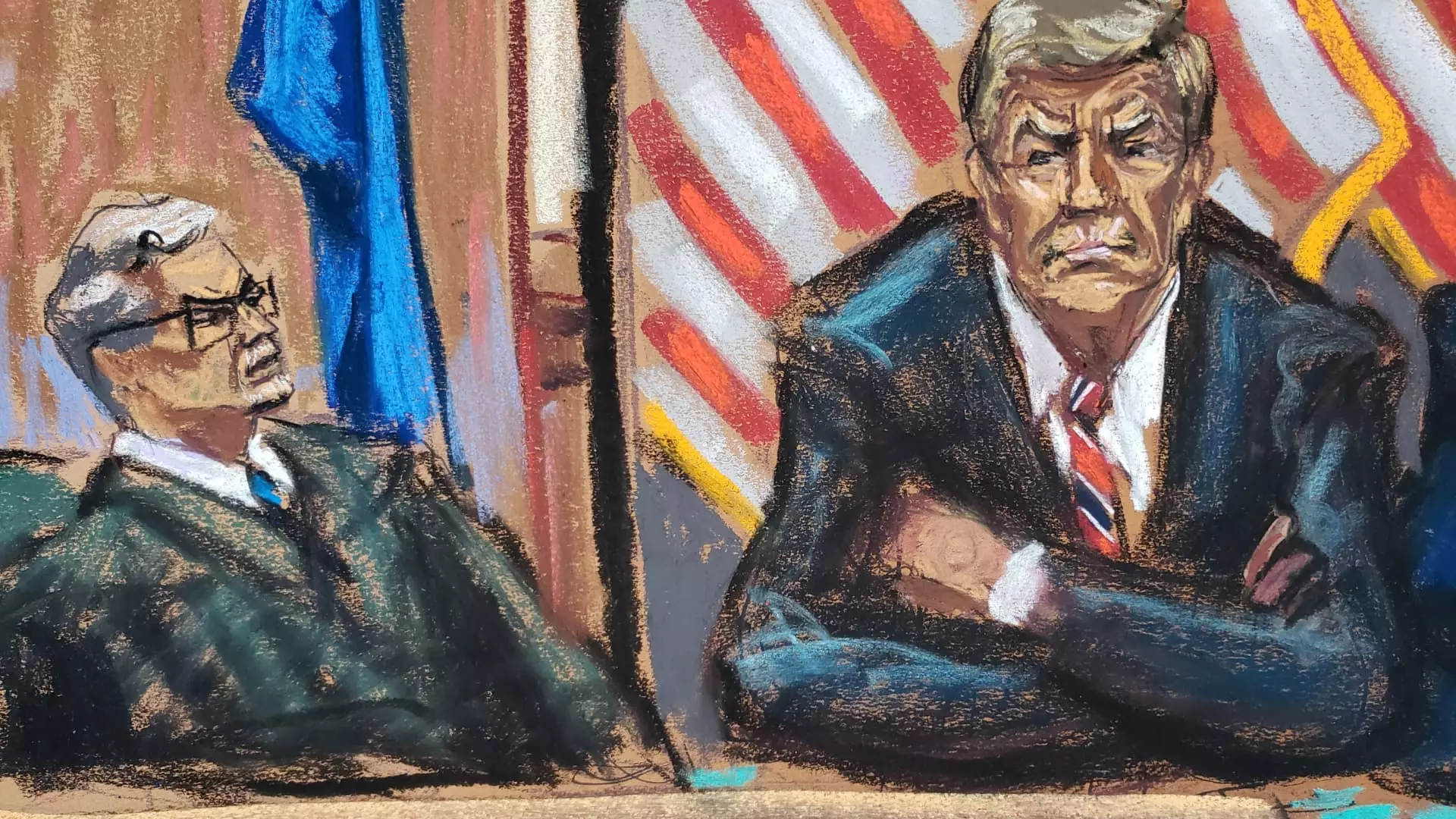The recent developments in the hush money case involving President-elect Donald Trump have led to considerable shifts in the judicial timeline. A New York judge has postponed his ruling on whether to void guilty verdicts against Trump or to proceed toward sentencing. Originally scheduled for a decisive ruling, Manhattan Supreme Court Judge Juan Merchan has pushed back the timeline, now set for November 19. This delay has catalyzed discussions concerning the intersection of legal proceedings and Trump’s recent electoral success, raising critical questions about their implications for justice and governance.
At the heart of this case are serious allegations against Trump regarding 34 counts of falsifying business records connected to payments orchestrated by his former attorney, Michael Cohen. These payments were made to adult film actress Stormy Daniels just ahead of the 2016 presidential election, an act the court has deemed criminal in nature. Trump’s defense team has sought to have the case thrown out, arguing that recent rulings by the U.S. Supreme Court granting presumptive immunity to former presidents for official acts insulates him from the charges. Nevertheless, Manhattan District Attorney Alvin Bragg has countered that this ruling should not apply to Trump’s specific case.
The decision to delay the ruling reflects the complexities ingrained in both the legal arguments and the unprecedented situation of a sitting president facing criminal charges. On the heels of Trump’s victory over Vice President Kamala Harris in the 2024 presidential election, his attorneys filed for a pause in proceedings, asserting that the election results necessitate a thorough examination of the legal landscape. The prosecution, acknowledging the unusual circumstances of this case, agreed that a careful review of potential implications is warranted. This mutual recognition of the extraordinary backdrop creates an unconventional legal environment that many legal experts had not anticipated.
The conversation around this case has crystallized the broader issue about the separation of legal accountability and political office. As highlighted by prosecutor Matthew Colangelo, the interests at play involve not only the integrity of the jury’s verdict but also the duties of the President of the United States. Trump’s defense argues that clearing him of these charges is crucial to avoid “unconstitutional impediments” to his ability to govern effectively. This introduces a deeply divisive question: how should the legal system navigate the murky waters where politics and law collide?
As the legal proceedings progress, attention will focus not only on the November 19 ruling but also on the broader implications for both Trump’s presidency and the judicial system. Will the courts maintain their independence despite the enormous political pressures? The outcome of this case will likely set precedents, not just for Trump, but for future candidates entangled in legal disputes while seeking or holding public office. The balance between upholding justice and recognizing the exigencies of governance remains a loaded and contentious debate as this unprecedented scenario unfolds.


Leave a Reply